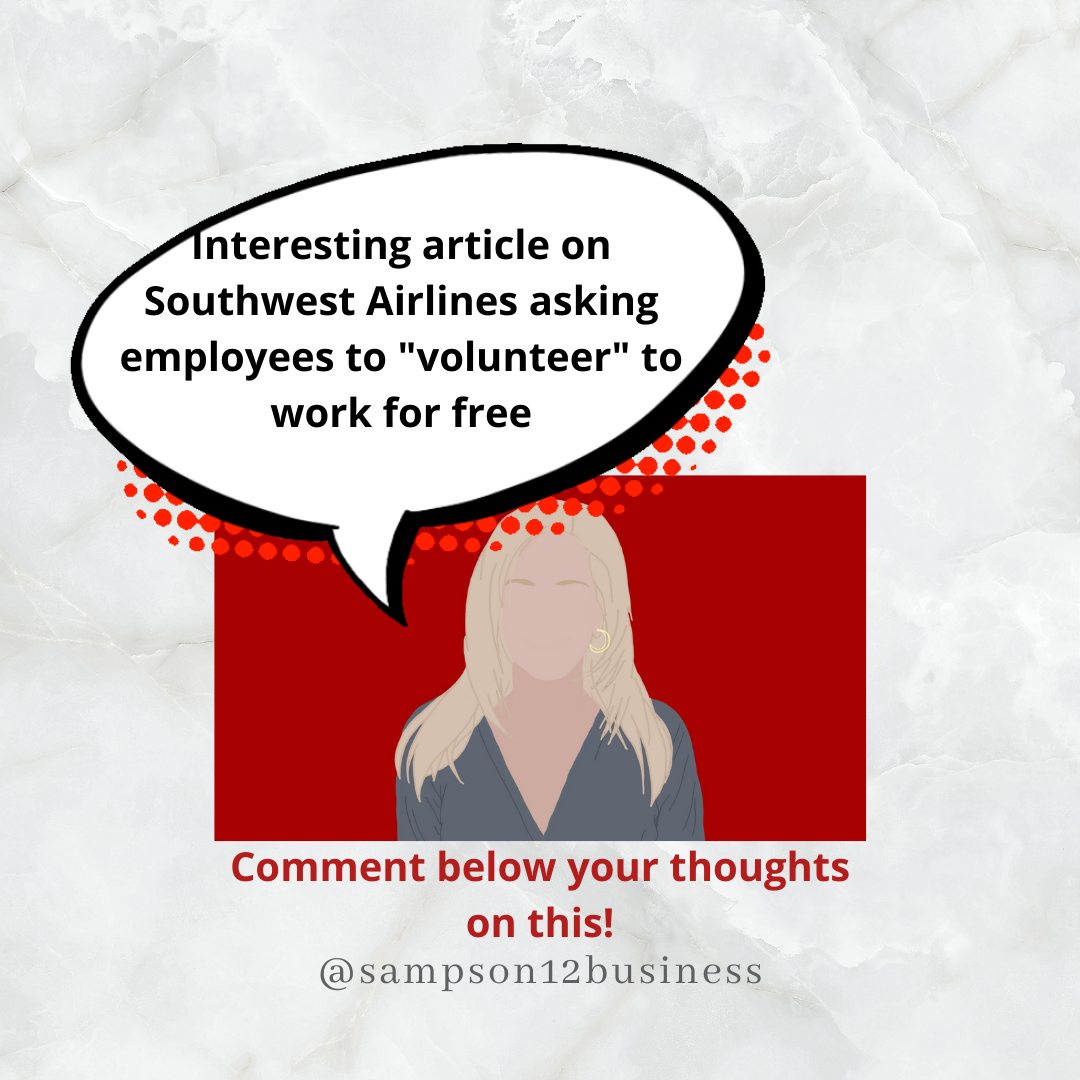I just finished my reliable revenue forecasting course with a lesson in there on how to look at demographic data for your business. Looking at demographic data always highlights for me the discrepancy between women-owned businesses and male-owned businesses. Interestingly enough, the government’s response to Covid-19 exacerbated an already touchy issue. Here is just one report by the US Chamber of Commerce discussing this change of events.
The report highlights that:
Male-owned businesses feeling “good” dropped by 5 points while female owned businesses feeling “good” dropped by 13 points
There are a lower number of women owned businesses compared to male-owned businesses to start with.
Which means that of the smaller population of women owned businesses an even greater percentage of the total was having trouble.
Let’s talk about why…
Businesses that were ruled as “non-essential” seemed to be predominately in industries with a greater population of female entrepreneurs like: health and fitness centers, spa and esthetician services, hair salons, etc. Taking that into consideration, I want to specifically compare the decision to categorize marijuana businesses as essential compared to health and fitness studios. Businesses that sell marijuana in California under governor Newsom were allowed to continue operating because of the health benefits they provided. Interestingly enough there is arguably MORE research supporting the health benefits of exercise but those businesses were shut-down as non-essential. Why is that?
Well, there was a lack of evidence to support that research was used to categorize businesses as essential or non-essential. Since politicians were making the decisions, we can assume that the decisions were then politically driven. And since women make up a smaller percentage of total politicians (https://cawp.rutgers.edu/current-numbers) we can assume that women were outnumbered in the decision making process.
Going forward, I hope there is more transparency on the decision making processes that impact the ability for women to operate profitable businesses. One way for there to be more transparency is for women owned businesses to understand and have confidence in their finances. This is what I help with. I help women learn professional methods for managing their money so that they can have confidence in the future of their business and easily explain it to anyone who doubts their ability.










